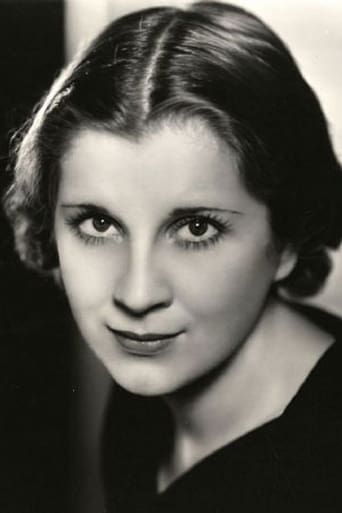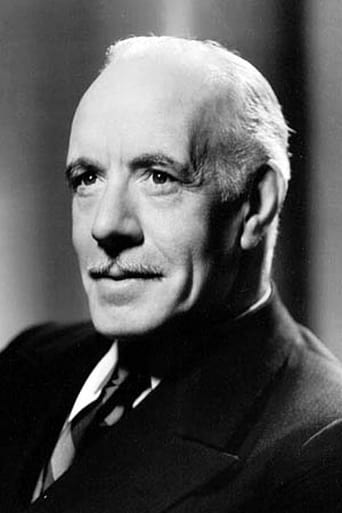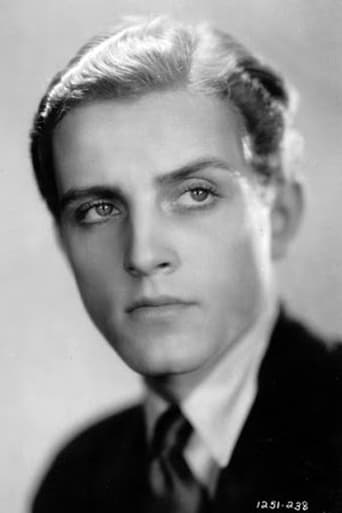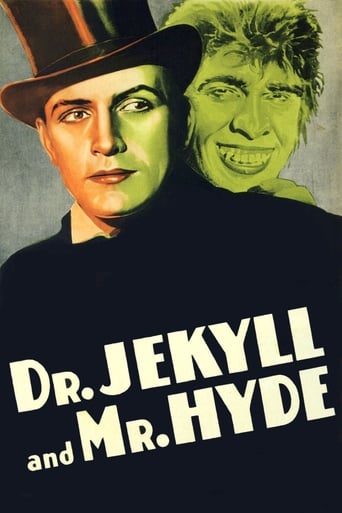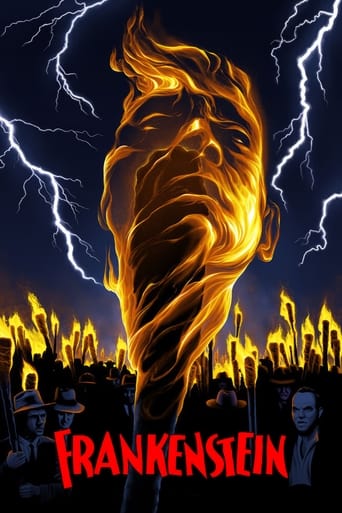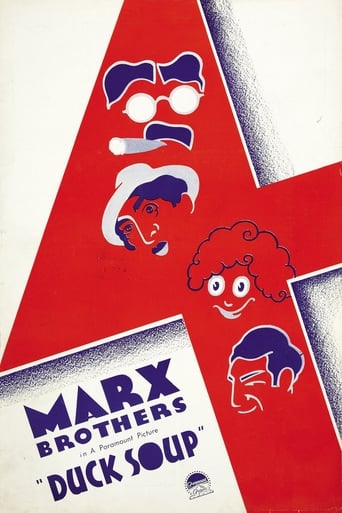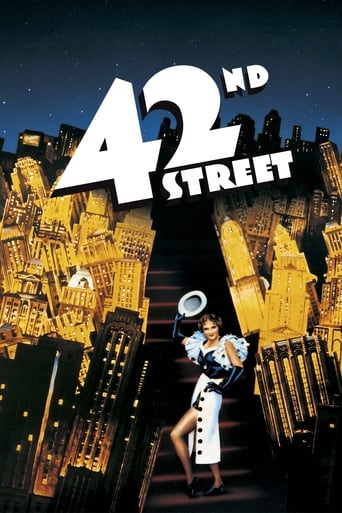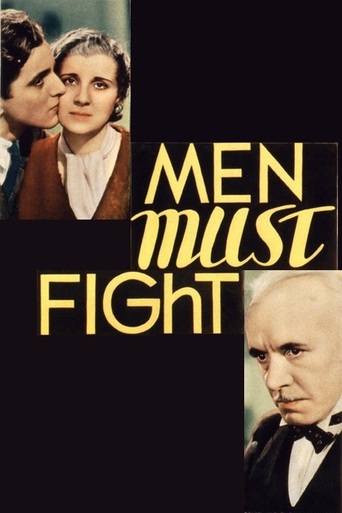
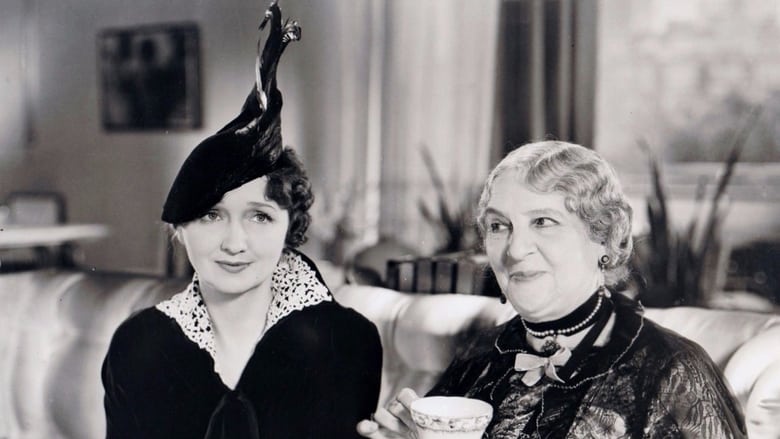
Men Must Fight (1933)
Prophetic tale of a mother in 1940 trying to keep her son out of war.
Watch Trailer
Cast


Similar titles
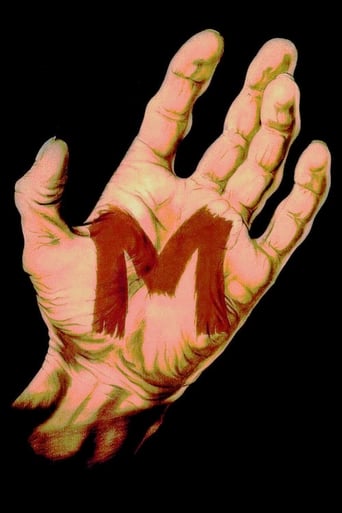
Reviews
Copyright 20 February 1933 by Metro-Goldwyn-Mayer Distributing Corp. New York opening at the Capitol: 10 March 1933. U.S. release: 19 February 1933. 8 reels. 73 minutes.SYNOPSIS: The scene is set in the USA, seven years into the future, namely 1940: A pacifist Secretary of State (Lewis Stone) comes to realize that America has no alternative but to repel an invasion with force, to trade an eye for an eye, a tooth for a tooth. His wife (Diana Wynyard), however, does not refute her pacifist sentiments even when the enemy carries out a sudden, surprise air attack against New York, destroying several famous landmarks including the Brooklyn Bridge and the Empire State Building. NOTES: The stage play opened on Broadway at the Lyceum on 14 October 1932, but closed after only 32 performances. Arthur Sircom directed Gilbert Emery, Janet Beecher, Douglas Montgomery, Erin O'Brien-Moore, Alma Kruger, Kent Smith and Edgar Barrier.Ruth Selwyn is director Selwyn's wife.COMMENT: A muddled pacifist stage play, very theatrically over-emoted by Miss Wynyard (fortunately her ham acting has not infected the rest of the cast, though Phillips Holmes comes close to breaking out on a number of occasions), and somewhat over-contrived in its plotting and staging. Nonetheless, the film is of enormous interest not only as one of the few overtly "message" pictures produced by M-G-M, but for its prophetic view of 1940 (which can now be transferred to 11 September 2001) with America involved in a war against Germany and Japan. (Japan is actually identified as the aggressor in the 1932 play but in the movie, the hostile country is called "Eurasia"). The enemy launches a sudden, surprise air attack against New York, destroying several famous landmarks including the Brooklyn Bridge and the Empire State Building (which is bombed as was the World Trade Center towers by striking the building twenty or so floors from the top so that the structure topples in upon itself). Another odd twist of "prophecy" has hero Holmes flying away to a hero's death. He was actually killed in a mid-air collision in 1942 whilst serving in that same United States Air Force. The movie correctly foretells the widespread use of television, but falls short in its depiction of present-day telephones. However, the main thrust of the movie lies not in science-fiction gadgetry, but in the "message". And, as often happens when a plot is twisted to accommodate spurious philosophy, consistency of characterization flies out the window. True, Diana Wynyard's role is always relentlessly motivated towards "peace at all costs", but Lewis Stone's undergoes two remarkable reversals which no amount of skilful acting can disguise. Philips Holmes also has to contend with a part of similar instability, but lacks Stone's experience in camouflage. An equally serious defect in the play's construction lies in May Robson's contribution. Her comic relief - especially in the confrontation scene between herself, her loyal butler (Greig) and comically true-to-Eurasia cook (Alberni) - seems mistimed and inappropriate. Ruth Selwyn is a pretty girl, though her attractiveness is marred by a couple of ghastly Adrian costumes.
An historic note that I haven't seen in any post about this brilliant film: Film Secretary of State Edward Seward is analogous to real US SoS William Jennings Bryan.In the movie, the fictional Seward gives up his pacifist beliefs because a US envoy has been assassinated in "Eurasia," and American pride demands that we send the fleet to provoke war.In real life pacifist WJ Bryan refused to give in to war hysteria before WW I. When President Woodrow Wilson threatened Germany over the sinking of "neutral" ships (carrying war materiel?), Bryan resigned in protest, Soon after, Wilson got Congress to declare war on Germany.Bryan's wife was a collaborator on his political ideals. "Seward's" film wife tried, but did not succeed because her husband yielded to the hysteria that national pride seemed to demand. (I will only mention the name Benghazi to illustrate whether modern countries feel the killing of an ambassador is a cause for war.)
'Men Must Fight' is one of the most astonishing and audacious films I've ever seen. This 1933 drama boldly predicted a second world war (in 1940!) at a time when many Americans were actively planning to sit out such an event. This film depicts an aerial attack upon Manhattan, in a sequence that seems startlingly precognitive for viewers watching after the 9/11 WTC attack. Even more bizarrely, this movie prefigures the real-life deaths of two of the leading actors in its cast.Diana Wynyard stars as Laura Mattson, a Red Cross nurse in the Great War. She has a brief fling with a handsome aviator who then conveniently dies. Rising diplomat Edward Seward (the excellent Lewis Stone) realises that Laura is pregnant by the pilot but unmarried; he proposes to her and offers to raise the child as his own son. Laura doesn't love Seward, but knows this is the best option for herself and her child.Lap-dissolve to the future year 1940 ... seven years *after* this movie was released. There is some astonishing art direction here, with the female characters wearing slightly Jetson-ised fashions, and picturephones in every home. Seward's fortunes have risen, and he's now the Secretary of State. Laura has raised her son Bob to adulthood whilst allowing him to believe that Seward is his biological father. Meanwhile, a foreign alliance called the Eurasian States are gearing up for war against America.Having seen the toll of war, Laura organises a women's pacifist league to prevent World War Two. In a 'Lysistrata' gambit, she persuades the mothers of America to refuse to donate their sons to the juggernaut of war. The film's title has an unspoken counterpoint: men must fight ... and women must make peace. Bob joins his mother in her pacifist campaign. This proves an embarrassment for Secretary of State Seward, especially when a mob of protesters show up to fling stones at his house while haranguing Laura and Bob as 'yellow-bellies'.SPOILERS COMING. Eventually, the Eurasian States' warplanes attack New York City, destroying the brand-new Empire State Building and other landmarks. The special effects in this sequence are marginally better than in 'Deluge' (another film of this period in which Manhattan was destroyed). Despite the technical flaws, for post-9/11 audiences these scenes are absolutely riveting, and it's impossible to sit through this sequence without being reminded of Osama bin Laden's terrorist attack.Eventually, Bob learns that his actual father was a war hero. This and the assault on Manhattan are enough to persuade him to change his ways. He joins the army and becomes a fighter pilot, willing to die to keep America free. War is inevitable, and therefore men MUST fight.'Men Must Fight' sets out to be unnerving, and succeeds. Yet it's more unnerving than it meant to be, due to its distressing precognition. The assault on Manhattan eerily prefigures the events of 2001. Even eerier are the real-life fates of this film's two lead male actors. During the sequence in which hooligans stone the house of Lewis Stone's character, I recalled how Lewis Stone would die 20 years after this film was made: some boys threw stones at his house, and he dropped dead of a heart attack in the street while chasing them. (Way back in 1920, in the silent film 'Milestones', Lewis Stone played yet another character whose house is stoned by hooligans!) Even more unnerving is the ending of 'Men Must Fight', in which Bob Seward (Phillips Holmes) renounces his pacifist ways to become an aviator. In real life, Holmes gave up his movie career early in WW2 to join the Canadian Air Force as a fighter pilot, and he died during a flight exercise. The spectre of Holmes's real-life death hangs over his fictional character in this film, giving it a powerful undertone of morbidity. I usually dislike Phillips Holmes, who tended to play neurasthenic weaklings. His role in 'Men Must Fight' forces me to recall that this actor died a hero's death in real life, and that he should be remembered accordingly.'Men Must Fight' is an astonishing and audacious near-future drama, made even more powerful by the real-world events which have overtaken it. I'll rate this movie 10 out of 10. God bless America and keep her people safe.
This brilliant film deserves to be re-discovered. Made in 1933 it predicts a world war in 1940, and even shows a catastrophic air-raid on a major city (in this case New York, but it certainly echoes the destruction soon to be unleashed on London, Berlin etc). The film carefully presents the pacifist and nationalist arguments in an amazingly contemporary way, embodying the argument in the character of a young pacifist man who must decide whether to fight or not. The irony that the actor playing this part, Phillips Holmes, was later to die in the real World War 2, adds to the power of this remarkable film. Diana Wynyard is extraordinary as his mother - indeed the strength of the female characters is one of the film's greatest achievements - few people will not applaud the sentiments of the final scene. Great futuristic design too - including televisions and video telephones. It is very sad to see this film now, knowing that the warning it gave to the world went unheeded. I urge you to watch it. I imagine that the reason it is so little known today is that MGM found its anti-war themes embarrassing when they found themselves having to support the war effort, and buried it in the vaults. Now it should be seen to warn others not to repeat the mistakes of the past.


